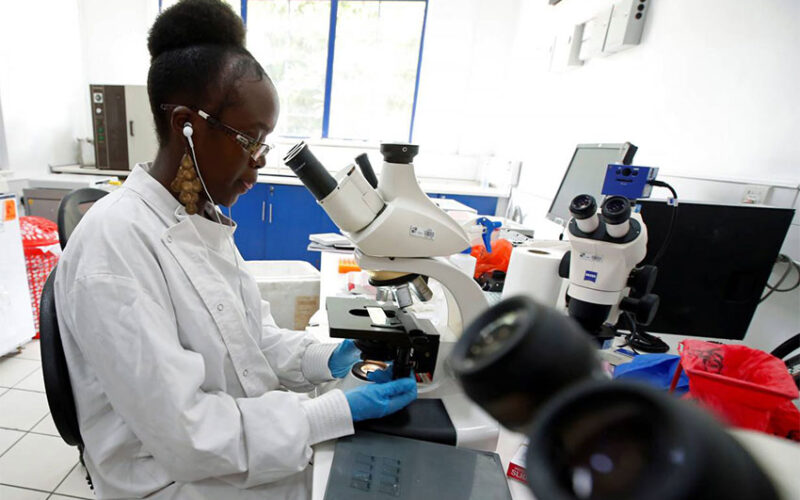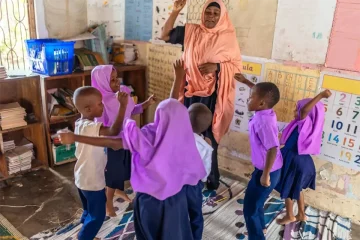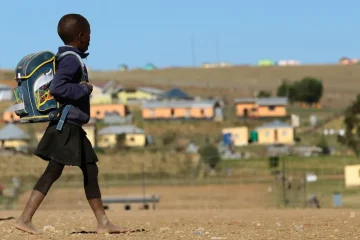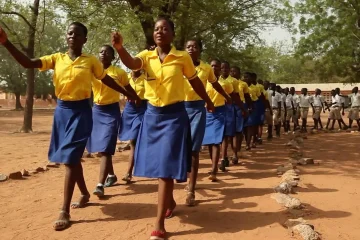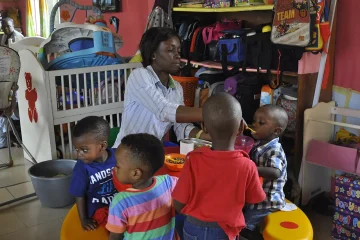THE challenge for universities is to produce graduates who can work with others to produce knowledge and research that can change institutions and societies for the better.
That is the basis on which the Consortium for Advanced Research Training in Africa (Carta) began developing an approach to teaching PhDs 12 years ago. The consortium supports faculty members of public universities and research institutes on the continent who want to pursue a PhD. The training covers a range of research methods to ensure graduates value multidisciplinarity. It also includes a focus on stakeholder and community engagement and prepares students for life after their PhD. To date 245 fellows have been through the programme. So far 160 have graduated .
We are members of the consortium. Since its inception it has run, evaluated, changed and reevaluated its curriculum. A body of evidence has accumulated that suggests its approach has merit.
In a recent paper we set out to understand what impact the programme had had on fellows. The survey was part of an evaluation process initiated by the consortium in 2019. There have been several publications about the different interventions that have been implemented as well as reflections on the impact of the programme.
In the most recent survey PhD fellows were asked what significant change in themselves they attributed to their experience under the programme. They reported changes in their sense of self; worldviews; beliefs about knowledge; their experience of life; behaviour; and capacities.
Their responses showed that the training had a positive impact on their lives in three critical ways. It improved their research capacities and their teaching; and it affected how they saw themselves and how they saw and experienced the world.
The findings suggest that it is possible to create a curriculum that can produce excellent graduates committed to making an impact in their worlds.
Approach to teaching
The results of the survey suggest that the consortium has achieved some of the challenges it set out to address. Among these were:
- how to produce graduates with the potential to be researchers and use research to lead change at institutional or societal level, nationally or internationally
- how to teach graduates to have an appreciation of and ability to work in a multidisciplinary way
- how to teach graduates in a way that is value-based and instils a commitment to equity.
In setting up the programme, we hypothesised that the way the consortium designed its interventions could be transformational. Transformational learning is described as
a deep shift in perspective during which habits of mind become more open, more permeable, more discriminating, and better justified.
The results of the latest survey suggest that this is indeed the case. Fellows reported a sense of empowerment and responsibility, and an appreciation of who they were in the world and how they might be able to have an impact on it. They viewed themselves as critical thinkers, change agents and committed to passing on their knowledge to the next generation of researchers.
They reported on what they had learnt and reflected on how it was taught to them, and shared examples of how they were applying those same methods to teaching and supervising the next generation.
We concluded in our paper that these positive outcomes were a result of the way in which the consortium developed its approach to teaching.
Those of us who developed the curriculum think that what sets the programme apart is that most of our teaching methods are interactive in nature, are participatory and use peer learning. This approach allows us to use the knowledge and skills that our students bring with them.
To give one concrete example of what we do, we make overt how we teach. At the end of a session we reflect on what we have done and how we’ve done it – we make our pedagogical approach clear to our PhD fellows. There are many more examples of our approach.
Key lessons
The theory of change that the curriculum was developed around includes the assumption that a natural network will arise from developing a critical mass of graduates in each member institution who meet regularly over a number of years and train as cohorts which include people from various disciplines, institutions and countries. That network will support them in fostering change in their home institutions and societies.
We believe that our approach has relevance internationally for those who want to produce multi-potential, multidisciplinary change agents who want to make a positive impact in their worlds.
All curricula are available to adapt and use. We believe this work can be adapted to multiple disciplines and have evidence that this approach – a taught component to all PhD training – is beneficial.
But the institutions in which the graduates are employed have to nurture and value them. They have to create an enabling environment in which graduates can, and want to, stay and work and lead.
SHARON FONN, Professor, School of Public Health, University of Gothenburg Sweden, University of the Witwatersrand
and
MARTA VICENTE-CRESPO, Program Manager, CARTA, African Population and Health Research Center
- This article is republished from The Conversation under a Creative Commons license. Read the original article.

